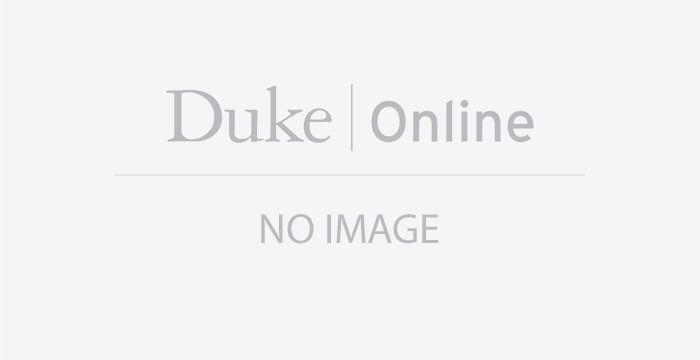Apr 30, 2013
Healthcare Innovation and Entrepreneurship MOOC

admin
Students from around the world have just completed the second full week in Duke’s newest MOOC course, Healthcare Innovation and Entrepreneurship, taught by Bob Barnes from Biomedical Engineering and Marilyn Lombardi from the School of Nursing. The Coursera course is a derivative of a course of the same name Dr. Barnes and Dr. Lombardi […]
Students from around the world have just completed the second full week in Duke’s newest MOOC course, Healthcare Innovation and Entrepreneurship, taught by Bob Barnes from Biomedical Engineering and Marilyn Lombardi from the School of Nursing. The Coursera course is a derivative of a course of the same name Dr. Barnes and Dr. Lombardi co-taught for Duke students in Fall 2012.
The Coursera course comprises six week-long units on topics such as Innovating in Healthcare, Prioritizing Needs, Sizing up the Market and Designing an Innovation. Students watch videos in which both instructors walk through a structured process to bring ideas to market (one with Dr. Barnes still in scrubs, straight from watching a neurosurgery!), and engage with each other around discussion prompts which delve into the complexities of each week’s topic.
Unlike some of the other MOOCs, Dr. Barnes and Dr. Lombardi designed their course to meet the needs of students who want to engage in the course at different levels. As Dr. Lombardi wrote:
We recognize and appreciate that many of the students have a host of family and work responsibilities and are trying to carve out time for this kind of personal and professional enrichment. For this reason, we would like them to enjoy as much ownership over this course and its content as possible within the constraints of a massive open online learning experience.
Students who wish to obtain a “Statement of Accomplishment” in the course can do so at two levels, either by passing weekly quizzes and participating at a minimal level in the discussion forums, or by also participating in two peer assessment activities designed to immerse the students in the process of moving from real-world observations to identification of a concrete healthcare need in their environments to starting the process of creating an innovation to address that need. Although students don’t have time during the 6 weeks of the course to work through the innovation and entrepreneurship process fully, serious practitioners will find all the detailed templates and planning documents they need if they choose to continue the process in “real life” after the course ends.
One of the fascinating aspects of the course, which is very satisfying to the instructors, is seeing students particularly from developing countries, discussing together how they might address healthcare issues in their areas. As Willie Williamson, the online course associate for the course wrote:
I have been amazed at discussions among healthcare professionals from rapidly developing countries who face an enormous burden in providing care to growing populations with growing expectations for high quality standards of care. This class has been a real medium for exchanging ideas about how to use innovative approaches to healthcare to increase access and quality without using the resource intensive model we use in the West. Additionally, the entrepreneurial spirit of folks in countries where you can’t rely on inefficient and/or non-existent public and private agents is very impressive.
The course has just over 36,000 students enrolled, of which nearly 14,000 have been active in the course so far, some way. There are 1,800 students posting in the discussion forum, in almost 750 threads so far. With the third week of course materials newly available, and the first peer assessment due in one week, it’s been gratifying to watch the engaged students dig in and grapple with the material, in the hopes of bringing their own healthcare innovation successfully to market!